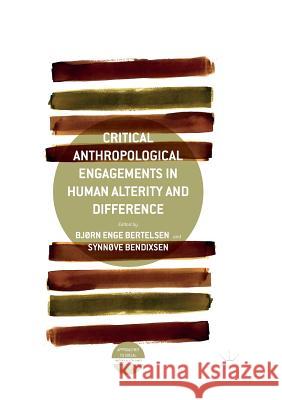Critical Anthropological Engagements in Human Alterity and Difference » książka
topmenu
Critical Anthropological Engagements in Human Alterity and Difference
ISBN-13: 9783319821122 / Angielski / Twarda / 2018 / 312 str.
Kategorie:
Kategorie BISAC:
Wydawca:
Palgrave MacMillan
Seria wydawnicza:
Język:
Angielski
ISBN-13:
9783319821122
Rok wydania:
2018
Wydanie:
Softcover Repri
Ilość stron:
312
Waga:
0.39 kg
Wymiary:
21.01 x 14.81 x 1.75
Oprawa:
Twarda
Wolumenów:
01
Dodatkowe informacje:
Wydanie ilustrowane











